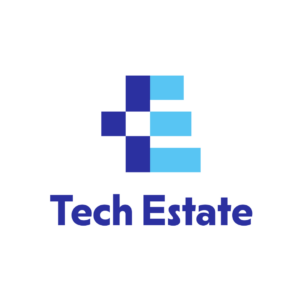
Source: Ila Dhond/Incubees
Chekkit, a Nigerian startup that fights counterfeit, has obtained additional funding to expand its blockchain-based drug safety and tracking solution.
Chekkit, founded in 2018 at the Meltwater Entrepreneurial School of Technology (MEST) in Accra, Ghana, has developed a platform that keeps track of product movement and the parties involved in moving goods from the warehouse to the distributor to the consumer.
Chekkit is essentially a tool for tracking assets, analyzing consumer feedback, and combating counterfeiting. It creates tamper-proof unique ID labels that can be used to track supply chains and customer feedback and can be printed as QR codes or numeric codes and placed on high-end packaged food and beverage products.
Since Nigeria’s National Agency for Food and Drug Administration and Control (NAFDAC) announced that pharmaceutical products would be required to implement end-to-end serialisation and traceability from the end of 2024, the startup has so far assisted in the security of over 50 million pharmaceutical and consumer goods products. It is poised for further growth.
With participation from current investors like RTA, HoaQ, Launch Africa Ventures, and Blockchain Founders Fund, Chekkit has raised an undisclosed amount of money from Adaverse, a Cardano ecosystem accelerator, to help capitalize on this opportunity to scale. It follows a US$500,000 pre-seed funding round that Chekkit secured in 2021 and the announcement that it is the first GS1/NAFDAC traceability solutions provider in Nigeria.
With the money, Chekkit will be able to expand into new markets in India, the UK, and the Middle East in addition to adding more manufacturers throughout Nigeria and other African countries.
“Since raising our pre-seed round of US $500,000 in 2021, Chekkit has partnered and integrated its pharmaceutical traceability and consumer intelligence solution with SAP, enabling pharmaceutical brands that already use SAP’s Advanced Track and Trace Platform to be able to collect and analyse last-mile patient data. The company has also integrated the GS1 global standards system, making our serialisation software regulatory compliant in over 100 countries globally,” said Dare Odumade, Chekkit’s CEO.
“We are currently exploring opportunities to optimise and strengthen supply chains for other African and Middle Eastern regions through partnerships with major pharmaceutical donors, manufacturers, governments, and the United Nations Development Programme (UNDP). We are focusing a side of the business on fixing the public pharmaceutical supply chains of these low to middle-income earning countries.”
Chekkit is not just another anti-counterfeiting tool, according to Vincent Li, the founding partner at Adaverse.
Source: Ila Dhond/Incubees






